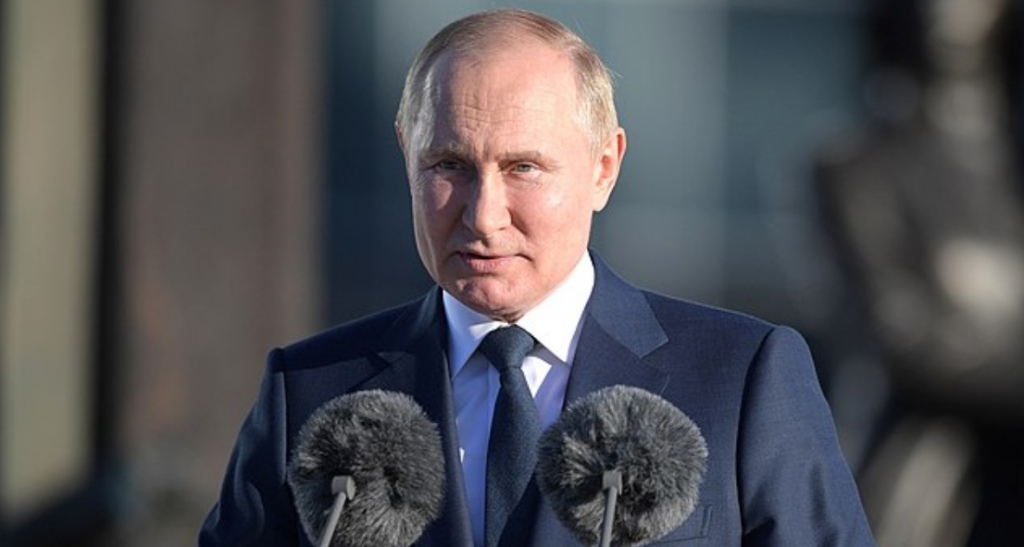Others are reading now
Russia’s economy has shown signs of robust growth in 2023, with a reported 5.5% increase in GDP in the third quarter and a 3.2% rise in the first ten months, according to the latest statistics from the nation’s Federal State Statistics Service.
Western news outlets and analysts now acknowledge it, too.
This recovery, which has surpassed the predictions of both the Russian Economic Development Ministry and Central Bank, comes despite international sanctions imposed after the invasion of Ukraine in February 2022.
President Vladimir Putin has proudly announced that Russia’s annual GDP growth will exceed 3.5%, emphasizing that only a fraction of this growth is attributable to resource extraction.
Also read
However, this seemingly positive economic surge is not without significant risks and underlying issues. A considerable portion of Russia’s economic growth is attributed to militarization, with the federal budget heavily invested in military production.
This approach has raised concerns about the sustainability of Russia’s economic progress.
The economic rebound has been driven by manufacturing output, though oil and gas still contribute substantially to federal revenue.
The structure of Russia’s economy, heavily reliant on these exports, has provided a cushion against the impact of sanctions. The federal deficit for 2023 is projected to be minimal, but military and security spending are expected to rise sharply, accounting for almost 40% of total budget expenditures.
This economic strategy, however, leads to soaring inflation, now at 7.5%, and poses a threat to future growth. The Central Bank has warned against the inflationary pressures of increased borrowing and spending, cautioning that Russia’s economic recovery might have peaked in the third quarter of 2023.
The risk of a slowdown or even a recession in 2024 is looming.
Compounding these issues are labor shortages and declining productivity. Despite nominal wage increases and record low unemployment, Russia faces a deficit of skilled workers, exacerbated by the emigration of professionals and the direct impact of the war on the labor force.
The decline in labor productivity is the most severe since 2009, reflecting the broader economic challenges facing the country.
As Russia prioritizes the invasion and the war effort, less funding is available for crucial sectors like education and healthcare.
This diversion of resources could lead to prolonged difficulties in addressing complex domestic issues, potentially extending the duration of the conflict and its economic repercussions.
In summary, while Russia’s economy has shown surprising resilience and growth in 2023, the foundation of this recovery is precarious.
The heavy reliance on militarization and the challenges posed by inflation, labor shortages, and declining productivity present significant risks for Russia’s economic future.


